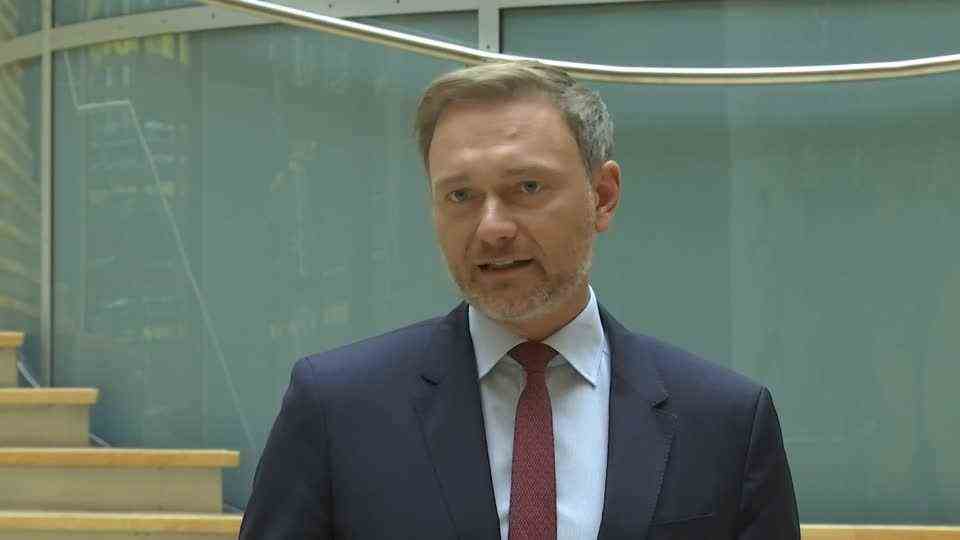Change at the top
New Bundesbank President: What now awaits Joachim Nagel
The economist Joachim Nagel is to become the new President of the Bundesbank
© Arne Dedert / DPA
Joachim Nagel is to become the new President of the Bundesbank. He succeeds Jens Weidmann, who is leaving the office at the end of the year. What awaits the new boss and what course he will take.
From Laura Eßlinger
Change at the top of the Bundesbank: The economist Joachim Nagel is to succeed the outgoing President Jens Weidmann. As the “Handelsblatt” and the “Spiegel” reported, Chancellor Olaf Scholz (SPD) proposed the 55-year-old for the office. Federal Finance Minister Christian Lindner (FDP) also confirmed the nomination by him and Scholz on Twitter. Nagel was “an experienced personality who ensures the continuity of the Bundesbank,” praised Lindner.
The decision was also approved by the private banks. “This brings an expert with many years of experience with central banks and excellent knowledge of the financial markets to the top of the German central bank,” said Christian Sewing, President of the Association of German Banks, in a press release. “The appointment of Joachim Nagel fits Germany’s role as an ‘anchor of stability in Europe’.”
Jens Weidmann announced in October that he would give up his job at the central bank early. He made the decision “for personal reasons”. His mandate would actually have run until 2027.
Inflation as the most pressing issue for Joachim Nagel
With Nagel, one of the Bundesbank’s own plants is now taking over the top position. He worked for the central bank for 17 years, from 2010 to 2016 on the board. The joy in the house should therefore be great. The Bundesbank is getting “the almost natural and home-bred successor to Jens Weidmann,” says ING chief economist Carsten Brzeski to Capital.
Inflation will be one of the most pressing issues for the new boss. It is currently 5.2 percent and thus as high as it was last after reunification in the early 1990s. To do this, Nagel will also have to coordinate with the other council members of the ECB. Weidmann repeatedly indicated that he was quite alone in the committee with his rather restrictive opinion.
Last week, for example, the ECB once again announced that it would focus on a loose monetary policy. In contrast to the US Federal Reserve, Christine Lagarde, head of the ECB, considers an interest rate hike in 2022 to be “very unlikely”. Weidmann, on the other hand, said goodbye with the warning that monetary policy should “not hold on to its currently very expansive course for too long”.
Schnabel more powerful in ECB
According to ING chief economist Brzeski, Nagel will maintain the course of his predecessor. He will act as the “guardian of a conservative monetary policy”. Nagel’s advantage is that he already knows most of the decision-makers. “Nagel is well connected, both in the Bundesbank and in the ECB, is familiar with monetary policy and has even spent some time abroad to sharpen his profile,” says Brzeski. Born in Karlsruhe, Nagel has previously worked for the Bank for International Settlements (BIZ) in Basel.

However, its power in the ECB is likely to be limited. There “the currently more relevant influential voice is that of Isabel Schnabel”, according to Brzeski. It will therefore play a bigger role, especially for the German public.
Schnabel’s name was traded again and again when asked about the Weidmann successor. The Vice President of the Bundesbank, Claudia Buch, was also in the running. In Berlin, many wanted a woman to head the Bundesbank. With Schnabel, however, another German board member would have had to be withdrawn from the ECB. Book, on the other hand, was considered by some to be unsuitable for the post.
Note: This text was first published by our partner “Capital”

